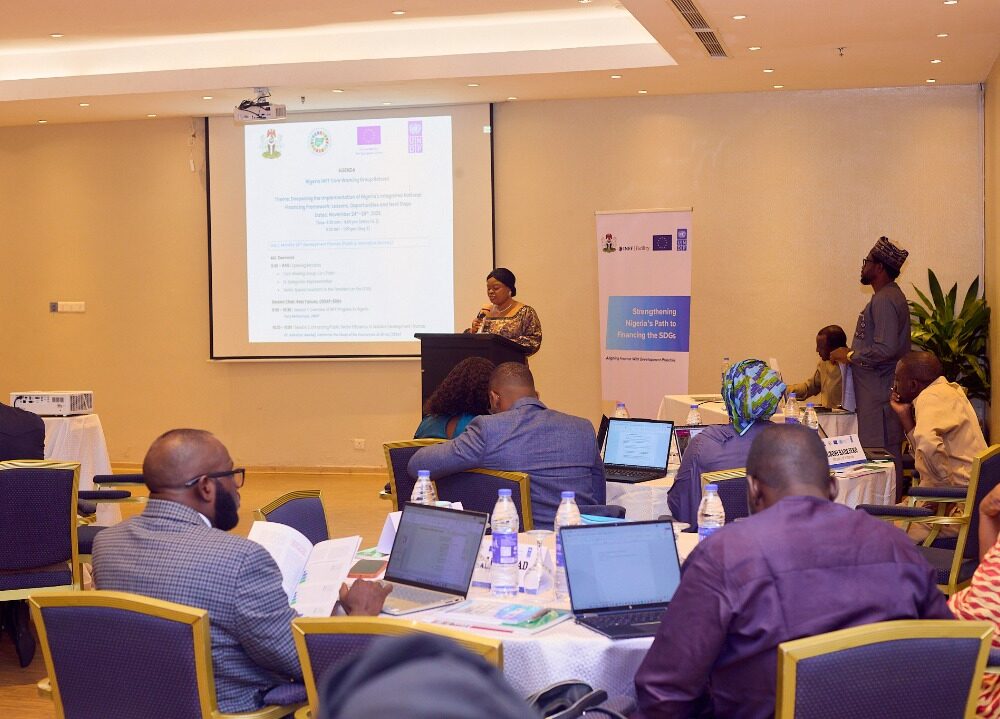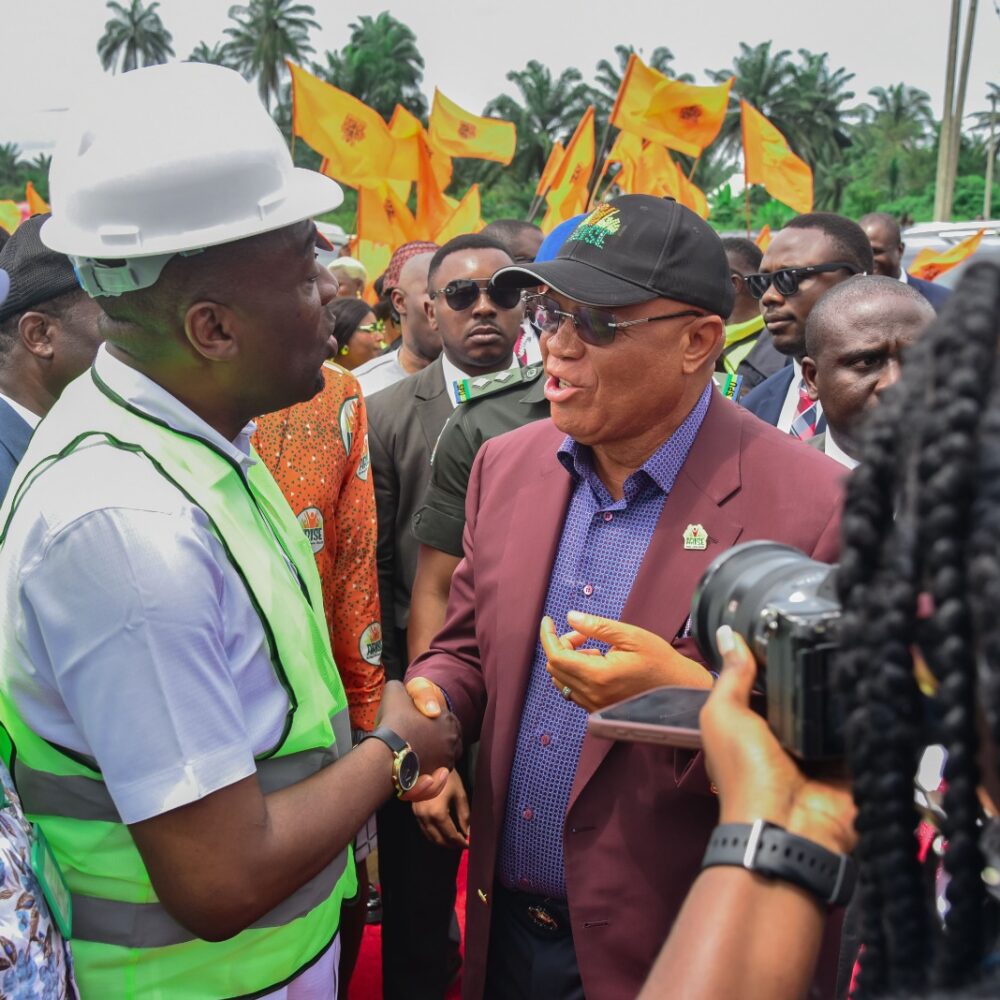For the very first time, concerted efforts were made by a government institution to increase the level of participation of women in politics in line with the declaration made at the fourth World Conference on Women in Beijing, which advocated 30 per cent affirmative action.
Women in Nigeria and most African countries have been politically considered endangered species and their low participation in government and politics is often associated with culture, religious and economic constraints, which largely flow from male chauvinism.
Nigeria, over long years, has continued to record the worrisome low participation of women in politics, especially in the areas of elective and appointive positions. This is a systemic challenge that keeps draining the national polity of the ingeniuity and problem-solving capacity of women. Despite the many talks, propaganda and crafty interventions in improving gender-equality and women’s participation in national development, one cannot fail to see the exclusion of this beautiful and smart gender from our national political landscape.
In fact, in probing further, one is bound to be right in concluding that the plight of women in political participation is intentional through the machinations of the other gender, given that those with the instruments of power to act substantially in instituting both the human rights and privileges due our women have turned blind eyes to the cause
Despite widespread democratisation in most African countries and the struggle by the feminist movements for the integration of gender balance in national politics, women who constitute about 50 per cent of the Nigerias population still remain systematically alienated from the politics and decision-making processes of the country.
Women are said to be “the salt of the earth”, but does one really need to wonder why the polity in Nigeria is barely interesting, let alone tasteful? This is a growing concern to many Nigerians.
Hence, the recent recognition of Yahaya Bello, the current governor of Kogi State by the renowned National Council of Women Societies (NCWS) is not just commendable but equally worthy of emulation. Before one wonders what the big deal in this is, the acknowledgment should be placed this within the context of the actions of major political players in the country, including state governors, powerful actors in the Presidency and national legislature, who are confronted with the poor lot of women but who regularly refrain from acting affirmatively, as the governor has done.
Whoever follows the polity in Kogi State will understand that it is just as typical as in any other Nigerian/African society, which is culturally embedded in patriarchy that is toned by chauvinism.
Our women have been perennially sidelined from the political-scape and its quite shameful, as we are not ready to admit nor see the problem with that.
However, Governor Bello is thinking differently and progressively, as a holder of the instrument of power. The man has strongly positioned himself as an enabler of the goal of gender equality; a position that must be affirmatively engaged and indoctrinated in the life of any nation in its quest for actual national development.
The successful election of women in the local councils’ elections held in Kogi State not quite long ago was an unprecedented milestone, not just in the State but in Nigeria and by and large Africa. It was a great milaege attained in the struggle for equal gender participation in politics and Governor Bello was its champion. For understanding and acknowledging that national development is not exclusive to a gender and actions and opportunities must be distributed equitably presents another reason, this governor must be celebrated.
The National Council of Women Societies is a Nigerian non-governmental and non-partisan women’s organisation composed of a network of independent women organisations in Nigeria, binding together to use the NCWS platform to advocate gender welfare issues to the government and society. Thus, the acknowledgement of the governor’s effort and solid actions in progressing the growth of Nigerian women must not only be seen as a political achievement but also a visionary step towards opening our politics to meritocracy and inclusion.
For the very first time, concerted efforts were made by a government institution to increase the level of participation of women in politics in line with the declaration made at the fourth World Conference on Women in Beijing, which advocated 30 per cent affirmative action. Nigeria’s National Gender Policy (NGP) has sought for a more inclusive representation of women with at least 35 per cent of both elective political and appointive public service positions. Sadly, the policy remains dogged by inaction. However, Yahaya Bello has chosen to the lead Nigeria and Africa by example.
In fact, it is on record that the governor is the only one amongst his colleagues with a female Aide de Camp (ADC) in Nigeria. The secretary to the government of the State and head of service are women. He ensured that all the vice chairmen and council leaders in each of the 21 Local Government Areas of the State are women. There are a minimum of three women as councillors in each of the LGAs.
Actively in service to Kogi State are more than 70 women in high positions of authority. These women serve their state in capacities such as dommissioners, directors general, managing directors, chairpersons of boards, commissions and agencies. Among these women also are special advisers, senior special assistants, personal assistants, and special assistants.
This recognition by NWCS, in collaboration with Global Gold Consult nominated Governor Bello for the award of ‘The Most Gender Sensitive Governor in Nigeria’ and he will also be decorated as “HE 4 SHE of NIGERIA WOMEN” which bestows on him the honour of a Goodwill Ambassador.
Apparently, this nomination is in recognition of the purposeful and conscious effort of his administration in empowering, enabling and placing women in strategic positions in the political and governance structure of Kogi State.
Margaret Adeyi is a programme officer with Gender Rights Agenda, Abuja.





